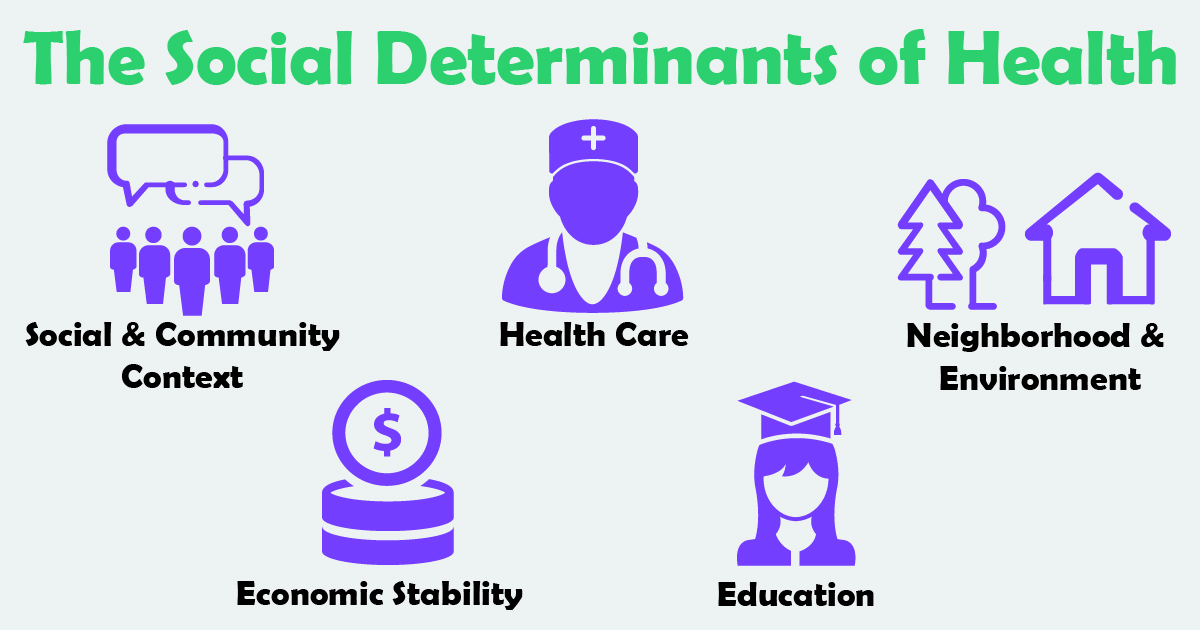We are just at the end of National Health Center Week! To celebrate NHCW, we created a video series that looks at how different programs at HOPES address the Social Determinants of Health:
The Social Determinants of Health (SDoH) are the circumstances of people’s environments that affect their health. According to the CDC, the SDoH are “Conditions in the places where people live, learn, work, and play affect a wide range of health risks and outcomes.”
The SDoH are usually broken down into five categories, each affecting one’s health in different ways:[
Social and Community Context
• Social Cohesion
• Civil Participation
• Discrimination
• Incarceration
Health Care
• Access to Health Care
• Access to Primary Care
• Health Literacy
Neighborhood and Environment
• Access to Food that Supports Healthy Eating Patterns
• Quality of Housing
• Crime and Violence
• Environmental Conditions
Economic Stability
• Poverty
• Employment
• Food Insecurity
• Housing Instability
Education
• High School Graduation
• Enrollment in Higher Education
• Language and Literacy
• Early Childhood Education and Development
All of the SDoH affect people’s health in different ways. The social context of an area can affect how healthy and unhealthy habits spread from person to person. Also, people experiencing discrimination tend to have worse health outcomes. Having more money and higher amounts of education are associated with better health outcomes. Access to green spaces and better-built environments improve health outcomes, where exposure to violence and poor housing lead to higher health risks. And easy access to health care services certainly improves people’s health.
People are products of their surroundings, and environments that score well on the Social Determinants of Health tend to produce happier, healthier people. At HOPES, we try to address people’s health from every angle, from their physical wellbeing to their financial health.




